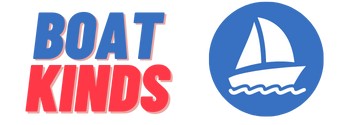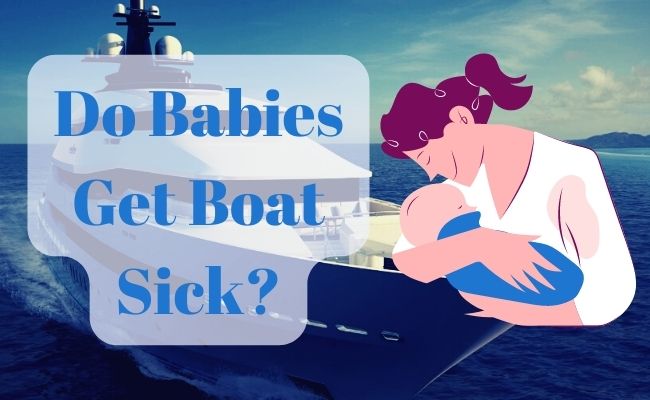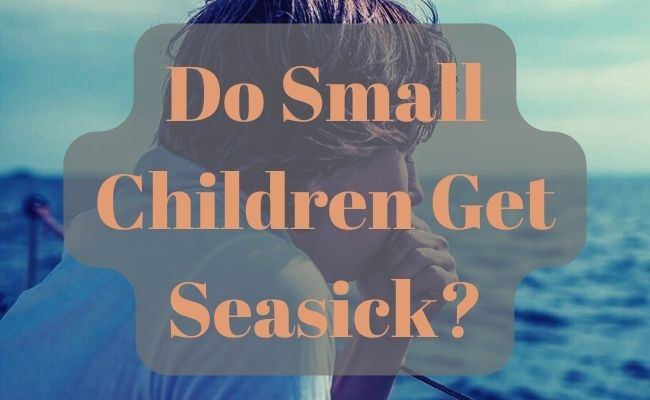Do Babies Get Boat Sick? Generally, babies under 2 years old are not seasick. In some cases, babies are seasick. Find out the causes, symptoms, and treatment for boat sickness. Your baby should grow out of it! Learn what to do if your child is experiencing symptoms of seasickness.
This article will help you make your next boat trip more pleasant for you and your child. Here are some things to keep in mind. If you notice your child getting seasick, try to calm him down.
Infants and toddlers are especially prone to motion sickness, a symptom of seasickness. Boat movement triggers the inner ear to send a signal to the brain that is different than what the child sees. This confusion between the signals from the ear and the brain results in the child feeling seasick. Fortunately, it is usually a phase that passes as the child gets older.
The best treatment for children who get boat sick is to move them to a calm, safe harbor or marina before their seasickness gets any worse. However, the symptoms of seasickness are often in order. Initially, they may not vomit, but they will continue to get worse. During this time, give them plenty of fluids and snacks like crackers and bread. In the following days, their symptoms should subside.
Although motion sickness isn’t common in small cruise ships, large cruise ships and off-shore fishing often have strong waves and currents, it can affect children. A simple remedy for motion sickness is ginger root. While this herb may seem counterintuitive, it is proven effective in treating nausea in children. It is also a good natural remedy against motion sickness. Taking ginger has been proven to help prevent motion sickness. If all else fails, consider ginger as a natural remedy.
At What Age Is It Safe for a Baby to Go on a Boat?
While you may be tempted to take your newborn out on a boat, be sure to take the necessary precautions to ensure their safety. For instance, they must wear a life jacket, and everyone on the vessel should be wearing one. Unfortunately, few life jackets are available for infants. A poorly fitting life jacket could slip off a child and put him or her at risk.
Regardless of age, babies should always wear a life jacket. According to the U.S. Coast Guard, infants should be at least 18 pounds and wear a personal flotation device at all times. Infants can’t take dimenhydrinate, which is an approved medicine for adults. But parents can give their babies small sips of cool water to keep them from getting dizzy.
Do Small Children Get Seasick?
Fortunately, this is a common problem and it usually goes away as your child gets older. Keep in mind that some children are just more susceptible to motion sickness than others.
Generally, you should try to distract your child from the experience. Avoid looking at moving objects and feed your child light snacks. Keep in mind that these actions can increase the intensity of nausea symptoms. Keeping the child occupied with a cold cloth and radio can also help. If you’re traveling with your child, keep an eye on them and avoid making them sit in front of the window. They may feel better with a cool cloth on their forehead.
Do Babies Get Motion Sickness?
Yes, they do! The symptoms of motion sickness are similar to those of a migraine. They usually begin with a vague feeling of queasiness, which then develops into vomiting and loss of appetite. Parents can stop the activity by placing a cool cloth on the child’s forehead. The symptoms will subside after about 15 minutes. You can also have your child stare at something in the distance to give him visual input and help resolve the mixed messages.
Is It Safe to Bring a Baby on a Boat?
The good news is that you can! Here are some tips to keep your baby safe while boating. First, find a calm place. Be aware that choppy waters can be dangerous to a baby’s head. To minimize the risk of drowning, consider taking your baby on the Intracoastal waterway rather than the ocean.
Wear the right type of PFD for the age of your child. Infant life jackets should be type II. They have extra neck support and will keep your baby’s face out of the water. A life jacket will also keep your baby safe while in motion. Make sure the baby is hydrated. If you plan on swimming, don’t forget to pack extra breast milk for your baby.


